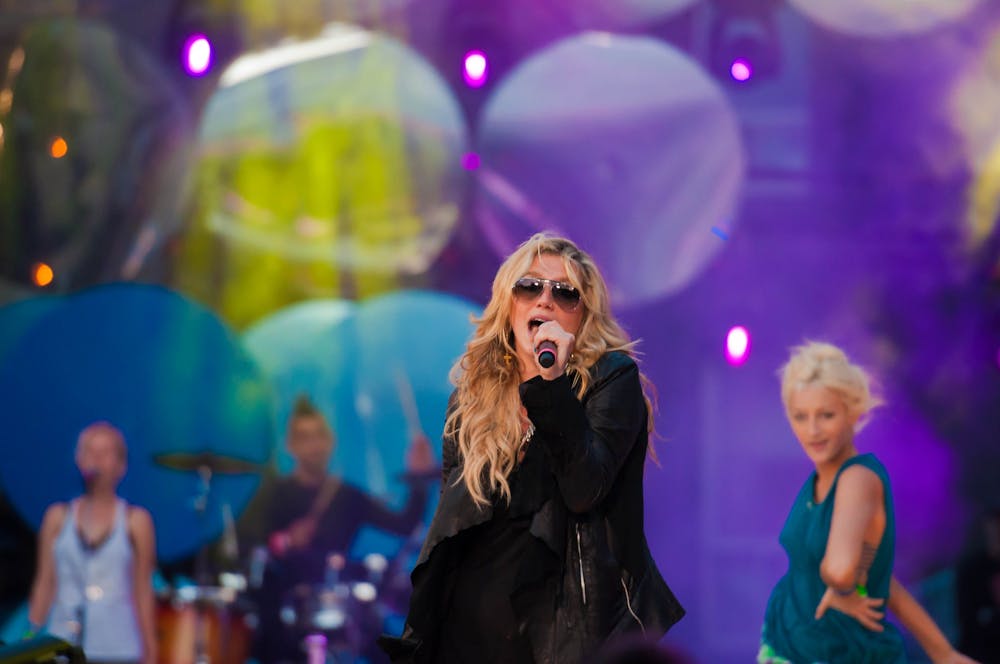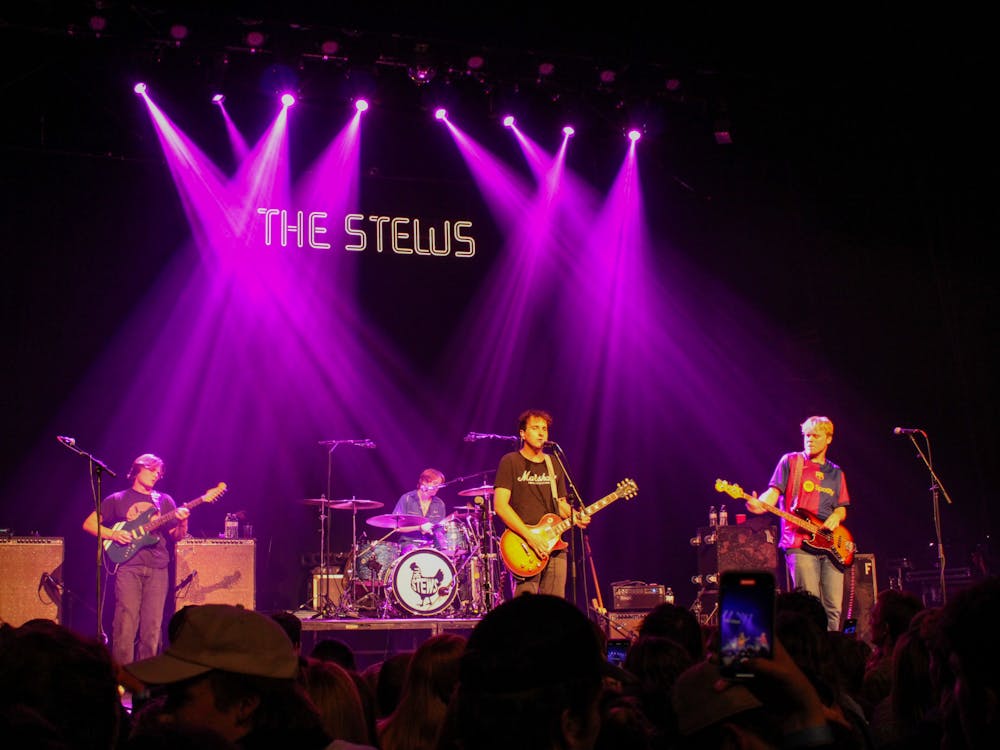The release of Kesha’s fourth studio album — “High Road” — coincides with the singer’s 10th year in the music industry as a solo artist. After 10 years of music it seems the world has yet to understand Kesha — by no fault of her own. The industry was intent on pigeonholing the singer from the beginning of her career. Kesha was initially perceived as a party animal, but the release of "Rainbow," her third studio album, proved her to be an artist “finding her own voice.” The reality is that the “We R Who We R” singer has always had a voice. Although oftentimes stifled by her rapist Dr. Luke, the image of Kesha as purely a reformed party girl is wrong. “High Road” is Kesha telling critics she refuses to be boxed in.
Kesha told Apple Music, “Obviously this [song] has a double meaning. I think after I put up ‘Praying,’ people would expect me to be very pious and take the high road.” She explained that “it’s quite the opposite: It’s about talking about how things have bothered me in the past about people talking s—t or just being up my a—.”
With lyrics like “Y’all think I’m crazy, think I'm dumb / Could a b—h this dumb write a number one? Woo! / More than one, woo! / More than two, yah! / More than you, woo,” and “Delete the message, and pass me that beverage,” the singer is telling off her haters and defying expectations. She can be a party animal and still deliver messages.
The highlights of the album are “Birthday Suit” and “Kinky.” The former is an uptempo song about the singer’s insatiable appetite to hook up with a guy, where Kesha oozes confidence, rapping the lines “you like the way I talk, my American accent / You like the way I dress / you like the way I walk / You say you think it's hot 'cause I'm a motherf—king boss” in the first verse.
Sonically, the song breaks the conventions of what a pop song should sound like in 2020. The chorus calls to mind the “Mario Bros.” theme song, while the post-chorus — with its handclaps and guitar — sounds similar to “Body Shop” by Madonna.
“Kinky” is an ‘80s reminiscent song with heavy bass and synths about Kesha’s desire to have kinky and adventurous sex. She sings about desiring both men and women, wanting her and her lover to dress up in each other’s clothing and have a threesome. Kesha uses the bridge of the song to prove herself as more than the average singer. On the bridge, she raps the clever one-liners — “Say you can't turn a hoe into a housewife / Who wants a housewife who ain't a hoe sometimes?”
The strongest aspect of the album is its lyrics. Kesha has always been capable of incredibly catchy pop songs, having written number one songs for herself and hits for other artists like Britney Spears. While “High Road” does contain said catchy pop songs, it also contains songs with personal and relatable lyrics. The best example of this is “Cowboy Blues,” where Kesha ponders if a guy she met in a bar could have been the love of her life. With the lines, “Do you ever lie in bed with your three cats / And get obsessed with some boy you met / One time, three years ago in Nashville,” the song feels wordy at times, but Kesha uses her songwriting skills to turn a niche personal experience into one that everyone can relate to.
Even the weak moments on the album — like “Honey” — are honest and real. “Honey” details a female friendship ruined over a guy. The song is in the vein of “Better Than Revenge” by Taylor Swift — a song that resulted in plenty of backlash for Swift. Kesha’s choice to include such a song on “High Road” is a further testament to her honesty as an artist. The song is not politically correct and verges on catty, but it is one she felt the need to share with the world.
“High Road” is Kesha in her finest form. She is unrestrained and free. She does not care to conform to the image the general population expects of her nor does she want to follow the rules of making conventional pop music. She can only dance as she marches to the beat of her own drum.





